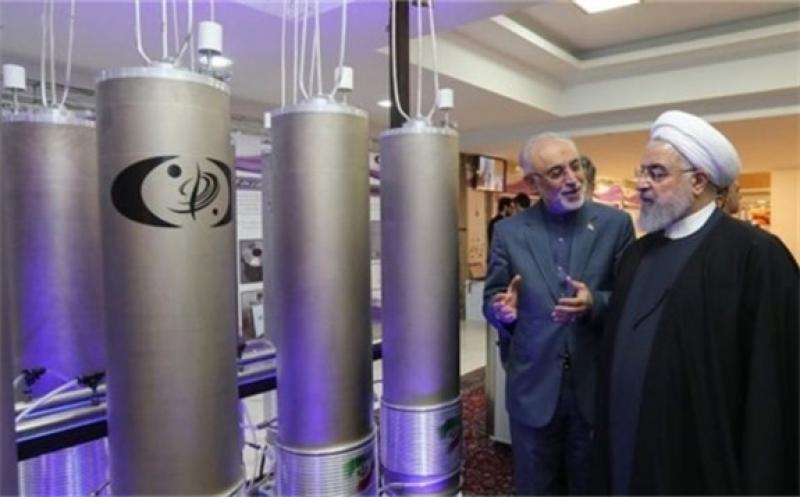
Europe’s unwillingness to bypass Washington’s unilateral sanctions and do business with the Islamic Republic has compelled Iran to take action, Seyed Mohammad Marandi, a professor at the University of Tehran, explained.
“Iran is decreasing its commitments little by little to put pressure on the Europeans so that they take a step forward. If the Europeans abide by their commitments, then the Iranians will stay within the nuclear deal. Even though the Americans have left and the Americans are hindering it,” he said.
Marandi stressed that even though Iran is pulling out of certain aspects of the agreement, the country’s nuclear program is still the most “open and transparent” in the world.
“The intrusive inspections that we have in Iran exist nowhere else,” he noted, adding that Iran’s continued compliance with IAEA monitoring provides the Europeans with “an opportunity to begin to abide” by the terms of the deal, which include sanctions relief and reintegration into the global financial system – which Iran has once again been cut off from.
Political Analyst Seyed Mostafa Khoshcheshm had a similar view of the development, explaining that Iran needed to “give some impetus and motivation to the Europeans” to commit to an “independent” relationship with Iran unhindered by Washington’s dictates.
US-Iran tensions are on the rise, but Tehran does not believe that the United States seeks military confrontation, Marandi told RT.
Any conflict with Iran would result in a global economic disaster that would be especially ruinous for America’s [Persian] Gulf state allies, he said, adding, "If there is war, the oil and gas installations in the Persian Gulf region will be destroyed. The tankers will be destroyed… And that will create a global economic catastrophe."
For its part, Europe remains hesitant to break with Washington’s hardline policy of “economic warfare” against Iran.